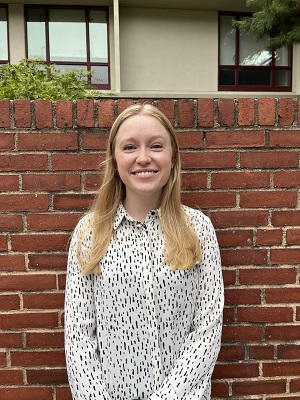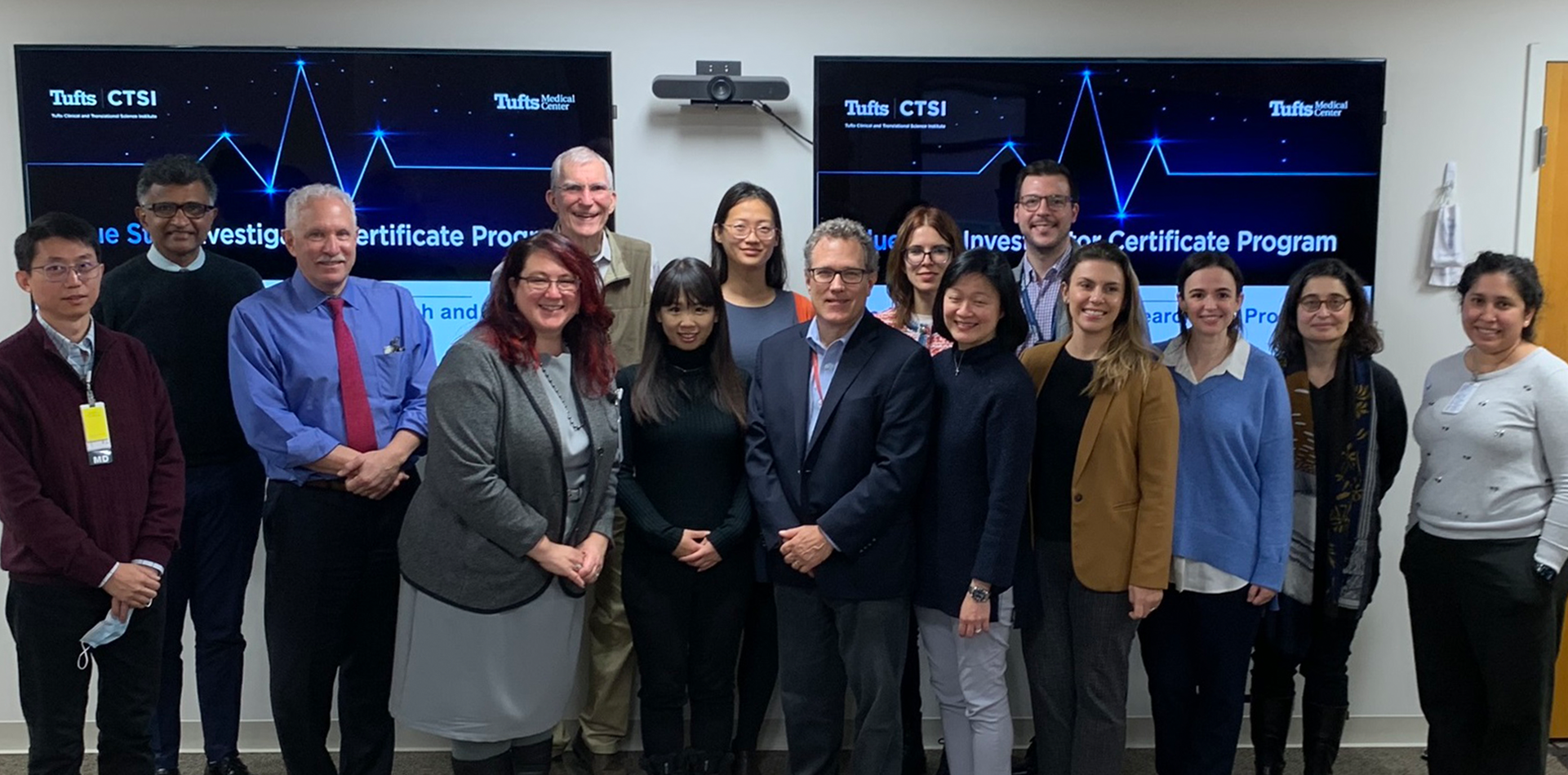
“We assist our research partners in developing successful study protocols and competitive grant submissions, as well as supporting study execution including data-only studies, by making high quality real- world data and analytics available.”
Andrew Williams, PhDCo-Director, Informatics
Overview
Healthcare organizations generate immense amounts of data to support clinical decision-making and research. We support research in heterogeneous environments by standardizing and aggregating various data types, while also managing the scale and complexity of modern data acquisition, transformation, and analysis to help unlock its value. We ensure our work on modeling, acquiring, and sharing data for oncology, critical care, veterinary, and other care domains will benefit the CTSA Consortium and the broader research community..
Tufts CTSI provides assistance to its many research partners in developing and disseminating successful study protocol implementation guides, competitive grant submissions, as well as supporting study execution. This support partly relies on the availability of real-world data in a research data warehouse (RDW). Our RDW for research, Tufts Medical Center (Tufts MC) Research Data Warehouse (TRDW), in Observational Medical Outcomes Partnership (OMOP) common data model (CDM), is developed, maintained, and continuously enhanced by Tufts CTSI’s development team in collaboration with Tufts MC Information Services.
TRDW data includes patient demographics on more than one million patients, lab values, procedure and diagnosis codes, observations, medications, visit, notes, and reports and is being continuously enhanced.
TRDW contains data from major Tufts MC Electronic Health Record (EHR) systems, including inpatient, outpatient, claims, tumor registry, and the state death registry. The vision is to include additional data types, such as device data, genomic variant & tumor panel data, location-related data linked to social determinants of health & environmental data. Check back with us to find out what is new!
Tufts CTSI team members lead and contribute to nationwide initiatives (e.g. N3C) and collaborate with the international OHDSI community to continue development of OMOP CDM.
Why OMOP?
- The OMOP Common Data Model allows for the systematic analysis of disparate observational databases.
- Data standardization increases the potential for collaborative research.
- Data from various sources are transformed into a common format and common representation.
- Standard analytic methods are applied to a common format for data quality, data characterization, safety surveillance, and other applications.
We continue to enhance the data warehouse and improve data quality to advance cohort discovery, recruitment planning, and to support retrospective and prospective clinical and translational research.
Resources and Services
Synthetic dataset access
- Provide access to high-fidelity, certified synthetic derivative of the TRDW
- Support hypothesis generation and analytics model development
- Low regulatory barrier for use
Cohort Discovery
- Provide aggregate counts based on the inclusion and exclusion criteria
- Self-service options availableOffered at no cost
- Includes Informatics consultation
- Does not require prior approvals
Recruitment support
- Provide contact information for eligible participants for targeted recruitment
- Offered at no cost
- Requires IRB approval
De-identified dataset extraction or limited dataset extraction
- Requests for datasets generally offered at no cost, although highly complex queries and consultations may incur charges
- Review of research questions and data availability, translation into effective queries, extraction of fully de-identified or limited patient-level datasets
- Requires IRB approval for the data extraction
Consultations
- Review of research questions and data availability, translation into effective queries, scope and feasibility assessment
Who is eligible?
Most Tufts CTSI Informatics services are available to Tufts CTSI partners and collaborators. Tufts MC’s data is available to researchers outside of Tufts MC only with IRB approvals and other relevant agreements.
For fast and reliable service
- Please follow IRB guidelines in the HIPAA forms section and obtain necessary approvals or waivers.
- IRB approvals are not required for assessing feasibility of the study (cohort discovery).
- IRB approvals are required for any requests involving receipt of data, e.g., contact information, de-identified or limited dataset. Please have the approvals available when requesting services.
- If you are a Tufts MC investigator and plan to share data outside of Tufts MC, please contact Research Administration for guidance.
- You must have an established HIPAA-compliant system or have secure access to a HIPAA- compliant system to store extracted data. Please follow the IRB Confidentiality and Data Security Guidelines for Electronic Research data, available here.
Please note: If you plan on collecting data for the purpose of human subjects research, your project must be reviewed and approved by your IRB.
Tufts CTSI does not provide data storage for any exported datasets. You must have a plan to transfer and store any exported report or data, and ensure the system meets the HIPAA requirements. If you need assistance for storing large datasets we will be glad to refer you to appropriate resources.
Learn about Research Electronic Data Capture (REDCap)
Learn about Cohort Discovery Powered by TriNetX
Contact
To request support or use of our resources, please submit a service request.
Have questions? Please email informatics@tuftsctsi.org and we will be happy to assist you.
Clark Evans, Co-Director, Informatics
William Harvey, MD, MSc, FACR, Co-Director, Informatics
Andrew Williams, PhD, Co-Director, Informatics
Svetlana Rojevsky, MSc, Program Administrative Director, Informatics



